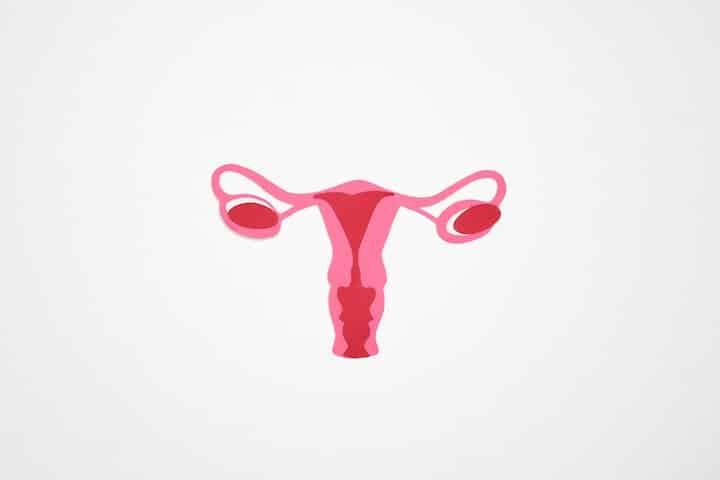Introduction
In the realm of oncology, hope is a powerful force, driving innovation and transformative breakthroughs. Say’s Dr Scott Kamelle, the landscape of ovarian and uterine cancer care has witnessed remarkable advancements in recent years, ushering in a new era of possibilities. In this exploration of innovations, we unveil the groundbreaking developments that are reshaping the trajectory of ovarian and uterine cancer treatment, instilling hope in the hearts of individuals facing these formidable foes.
Precision Medicine: Tailoring Treatment for Individual Triumphs
One of the revolutionary strides in cancer care is the advent of precision medicine, a paradigm that acknowledges the uniqueness of each patient’s cancer. For ovarian and uterine cancers, this approach involves analyzing the genetic makeup of tumors to identify specific mutations or biomarkers. Armed with this information, healthcare providers can tailor treatments to target the precise molecular abnormalities fueling the cancer’s growth.
Precision medicine not only enhances the efficacy of treatments but also minimizes unnecessary side effects, offering a more personalized and compassionate approach to care. The promise of individual triumphs against ovarian and uterine cancers lies in the precision of treatment plans that address the specific genetic nuances of each patient’s disease.
Immunotherapy: Harnessing the Body’s Defense Mechanism
Immunotherapy, a groundbreaking frontier in cancer treatment, has emerged as a beacon of hope for individuals facing ovarian and uterine cancers. This innovative approach leverages the body’s immune system to recognize and attack cancer cells. In the context of ovarian and uterine cancer, immunotherapy has shown promising results in clinical trials, offering a potential paradigm shift in the treatment landscape.
By enhancing the immune system’s ability to target and eliminate cancer cells, immunotherapy provides a novel avenue for individuals who may not respond optimally to traditional treatments. As research and clinical trials continue to unfold, the potential for immunotherapy to transform ovarian and uterine cancer care is a testament to the resilience of hope in the face of formidable adversaries.
Minimally Invasive Surgery: Redefining the Treatment Landscape
In the pursuit of enhancing the patient experience and expediting recovery, minimally invasive surgery has become a transformative force in the treatment of ovarian and uterine cancers. Traditional open surgeries, with their longer recovery times and increased risk of complications, are giving way to laparoscopic and robotic-assisted procedures.
These minimally invasive techniques allow surgeons to perform complex procedures with smaller incisions, reducing pain, and accelerating recovery. For individuals facing ovarian and uterine cancers, this translates into shorter hospital stays, quicker return to daily activities, and an overall improved quality of life during and after treatment. The integration of minimally invasive surgery into the treatment landscape signifies a profound shift towards patient-centered care and enhanced well-being.
Liquid Biopsies: Pioneering Early Detection and Monitoring
The landscape of cancer diagnostics is undergoing a paradigm shift with the advent of liquid biopsies, non-invasive tests that analyze blood for traces of genetic material shed by cancer cells. In the context of ovarian and uterine cancers, liquid biopsies hold immense promise for early detection and monitoring of disease progression.
Unlike traditional tissue biopsies, which can be invasive and challenging to repeat frequently, liquid biopsies offer a less burdensome and more accessible means of tracking cancer dynamics. The ability to detect genetic changes in real-time provides healthcare providers with valuable insights for timely intervention and treatment adjustments. As liquid biopsies continue to evolve, they stand as a beacon of hope for improving outcomes and survivorship in ovarian and uterine cancer cases.
Patient-Centered Care: Nurturing Hope in the Healing Process
Amidst the technological advancements and scientific breakthroughs, the essence of patient-centered care remains a cornerstone in the transformation of ovarian and uterine cancer care. Beyond the cutting-edge treatments and innovative techniques, the human touch and compassionate support provided by healthcare teams contribute significantly to nurturing hope in the healing process.
From holistic supportive care programs to individualized treatment plans, patient-centered care acknowledges the unique needs and aspirations of each individual facing ovarian and uterine cancers. The integration of patient perspectives in decision-making and care planning fosters a sense of empowerment and resilience, reinforcing the belief that hope blooms not only in the scientific advancements but also in the empathetic connection between healthcare providers and those navigating the complexities of cancer.
Conclusion
In the landscape of ovarian and uterine cancer care, hope blooms as innovations in oncology redefine possibilities and reshape the trajectory of treatment. From precision medicine and immunotherapy to minimally invasive surgery and liquid biopsies, these transformative breakthroughs offer individuals facing these formidable foes a renewed sense of optimism. As patient-centered care continues to be the guiding light, the fusion of science and compassion paves the way for a future where hope is not merely a concept but a tangible force, propelling individuals towards triumph over ovarian and uterine cancers.
